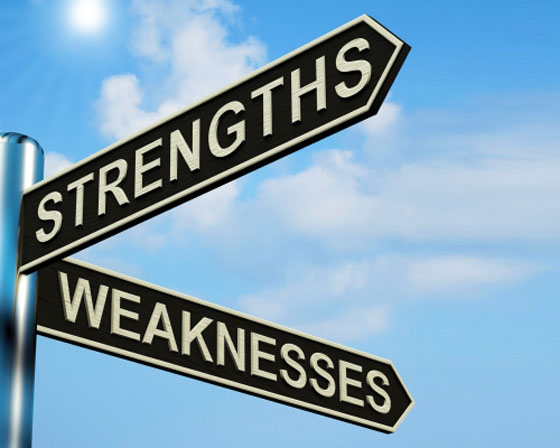Do you face every day with the knowledge that you are ready to handle any situation, or does the mere idea of experiencing unexpected circumstances fill you with anxiety and insecurity?
Flexibility is understood as the ability to accept a transformation – and versatility is that is the ability to transform uncertainty into an opportunity – these are two crucial aspects of a single skill: it is adaptability to change , and it is the most relevant for those aiming for success.
A virtue more common among people with emotional intelligence , who know how to manage their feelings and who are strongly aware of their abilities. Even when it’s time to face the earthquake of uncertainty. Here are 4 tips collected by Harvey Deutschendorf – author and speaker – to imitate the approach to change of professionals with emotional intelligence.
1. Reject the temptation of comfort
You can’t resist change: when innovation arrives, it sweeps everything away. Nevertheless, many resources tend to react to uncertainty by instinctively finding shelter within the four walls of the comfort zone . Nothing could be more harmful to a successful career which risks, in these cases, being penalized by an attitude that is too rigid. Professionals with emotional intelligence, on the other hand, are able to listen to themselves and prevent the instinct to take refuge in the usual habits, showing a positive predisposition towards change.

2. Accepting emotions
The main characteristic of professionals with emotional intelligence is that they know how to manage their feelings and manage them to their advantage. Even in the case of change: in the face of transformation, these resources accept the fear and ’anxiety that novelty causes, but do not allow themselves to be controlled by impulsiveness. On the contrary, they recognize emotions, decode them and manage them, channeling them in a virtuous way.
3. Be open to more solutions
Very often there is no exact answer or right direction: people with emotional intelligence know this and, even when it comes to dealing with a new situation, they adopt an open, flexible and free of prejudice approach. An unexpected reality can turn out to be completely different from what we are led to believe: questioning one’s point of view is the first step to face change in a winning way.
4. Accept failure and take time
Dealing with a new situation can mean experiencing failures and setbacks, especially in an initial phase of experimentation.
Most of the resources in the face of failure tend to go back and restore “the old methods” tested, losing the opportunity to experience innovation to the end and to ride the wave.
People with emotional intelligence, on the other hand, consider failure as a natural condition of change, and accept the possibility to make mistakes.
Those who have strong emotional intelligence when they fail also avoid being carried away by haste and resist the urge to immediately seek a solution, often risking doing worse.
Instead, it is better not to be anxious to recover and take a moment to observe the situation, evaluate the options, and focus on the best solution.
What skills to work on? Patience, resilience and ability to listen , both of the external environment and of one’s deepest emotions.

Comments